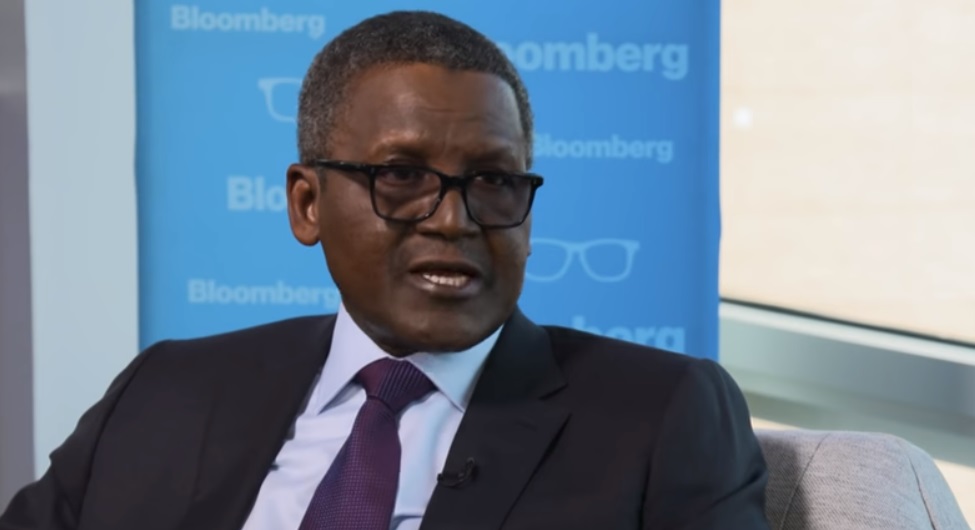
Nigeria probes fuel imports amidst Dangote refinery dispute
Nigerian lawmakers have initiated an inquiry into crude oil shortages and the importation of substandard fuels, central to a conflict between the Dangote Refinery and the nation’s downstream oil regulator.
On Monday, Nigeria's lower parliament established a committee to scrutinize these issues, which have also contributed to increased fuel queues.
The committee will examine allegations regarding the importation of inferior petroleum products, the functioning of standards agencies, and the reasons behind the insufficient crude supply to local refineries, including the Dangote Refinery.
Co-chair Ikenga Ugochinyere stated that the investigation would proceed in phases, starting with these critical concerns. The panel's findings will be presented to parliament, which will then make recommendations to the president.
The $20 billion Dangote Oil Refinery, situated on the outskirts of Lagos and constructed by Africa's wealthiest individual, Aliko Dangote, commenced operations in January.
However, it has struggled to secure adequate crude supplies from within Nigeria due to issues such as vandalism, sabotage, and low investment.
Recently, the refinery accused oil majors of obstructing its access to domestic crude and criticized the regulator for permitting fuel traders to import high-sulphur gasoil, undermining the refinery's operations.
In defense, the head of the Nigeria Midstream and Downstream Petroleum Regulatory Authority (NMDPRA) stated that the Dangote Refinery was only 45% complete and therefore unable to meet national demands.
He also highlighted that the refinery's gasoil had a sulphur content between 650 to 1200 parts per million, making it inferior to imported products. Nigerian regulations cap the sulphur content in gasoil at 50 ppm, with enforcement of this standard set to begin next year.
During a recent visit to the refinery by lawmakers, Dangote urged a comparison test of gasoil from his plant and others in the local market.
Results indicated that the Dangote Refinery's diesel had a sulphur content of 87.6 ppm, whereas other samples showed levels exceeding 1800 ppm and 2000 ppm. Following these developments, Dangote announced a halt to his plans for investment in Nigeria’s steel production sector due to accusations of monopolistic intentions.
The investigative panel has pledged to conduct a forensic audit of the entire oil sector and called for all parties involved in the dispute to reduce tensions.
"The committee is urging stakeholders in the current dispute to de-escalate tensions as we embark on the great task of resolving the issue," Ugochinyere said.